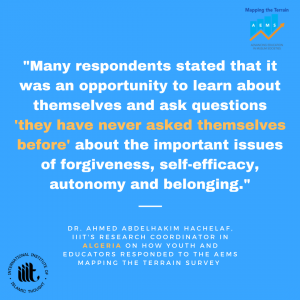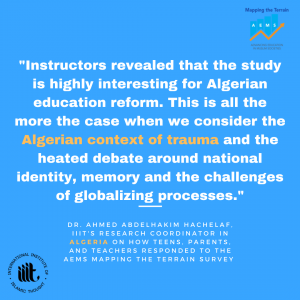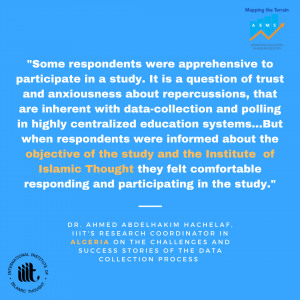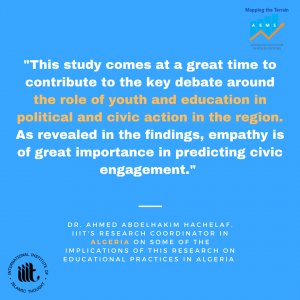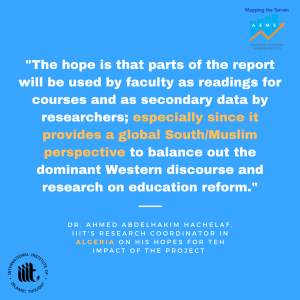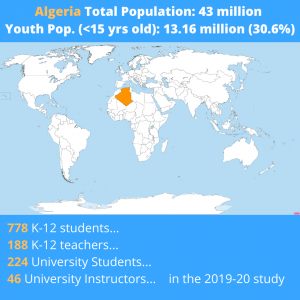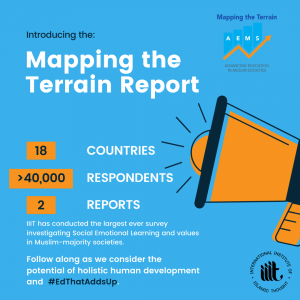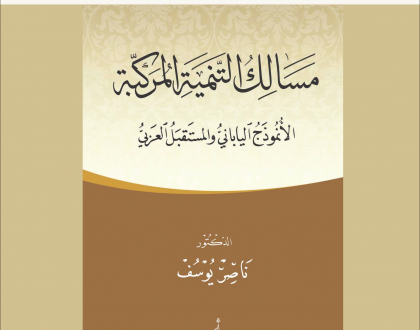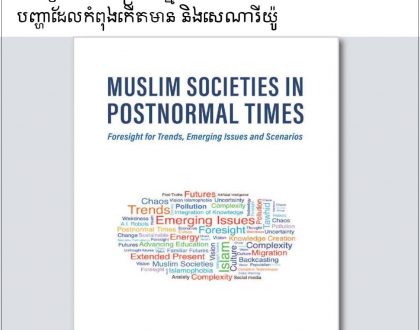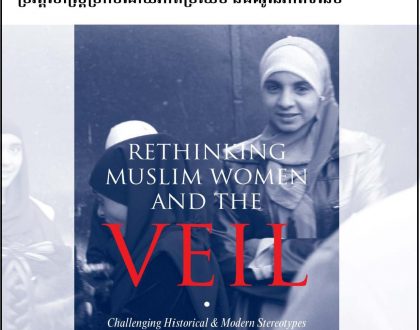AEMS BRIEF #1: WHAT IS THIS AND WHY SHOULD WE CARE?
Survey methods and research into the importance and components of social emotional education have unlocked new avenues for investigating, discussing, and planning for a more holistic approach to education. This so-called “third space” in education – alongside the more traditional spaces of education for employment and education for citizenship – has long been neglected and is of particular interest to us now two decades into the 21st century. Global trends in school accountability and governance alongside the increasing integration of artificial intelligence into daily life threaten to further marginalize the cognitive, social, and emotional skills and values that are essential to human development. As this relatively new field within human development takes shape, it is imperative that the research community adopts a global lens that includes a diversity of voices and experiences that reflect our modern world.
In 2018, the International Institute of Islamic Thought (IIIT) launched the “Mapping the Terrain” study to investigate the state of social emotional learning across what can loosely be described as the Muslim world. The 2018-19 study surveyed 21,626 administrators, teachers, parents, and university and K-12 students across 14 Muslim-majority countries on a host of SEL measures organized around a holistic and dynamic approach. In 2019-20 the conceptual framework of the study was refined, and another survey was administered, this time with 18,601 respondents in 15 countries. These surveys represent the largest, most comprehensive assessment of a group of non-academic educational measures ever conducted in these regions of the world. As an institute, we are committed to making these survey results freely available to researchers with the goal of enhancing a multi-national movement towards advancing education in Muslim and non-Muslim societies. We hope to engage an active community of leaders and to use this forum to share our learnings. We believe that engagement with the results of this survey can help improve the educational experiences and outcomes of students across the globe.
Incorporating these voices, mostly from the so-called Global South into our scientific discourse around education reform and human development is important on its own. We aim to take things a step further and make the results of this study actionable for policy makers, educators, and communities. With this goal in mind, we will use this space to highlight the work of our partners in the various countries that participated in the survey. What would it look like for an educational system to prioritize the social emotional education of its students? To what extent can concepts like empathy, hope, and community mindedness be thought of as outcomes of interest in a child’s education? How do these concepts travel across different contexts? These are just some of the essential questions that the “Mapping the Terrain” survey engages with. We are sure of one thing, based on our data: that youth and other stake holders rate these concepts and others very highly. When these are given consideration in making educational decisions, they may change the existing discourse on education, especially the focus on academic attainment and the content taught in many of these places. A growing body of empirical research suggests that socio-emotional education improves grades and overall avoidance of unsafe behaviors by equipping students with skills that help them navigate their school experiences in a holistic manner (Durlak, et al., 2011; Zins, Weissberg, Wang, & Walberg, 2004). It is important that we engage with these topics from an asset-based perspective, particularly given the prevailing deficit-based approach to Muslim youth in educational research.
As this work continues, we hope that you will engage with us in thinking through the implications of this research. You can do that by responding to this email with any thoughts, by following us on Instagram (@iiit_insta) and Twitter (@iiitfriends), and by forwarding this message to anyone in your life who might find it interesting.
Thank you and all the best,
Alex Koenig,
Non-Resident Fellow in Human Development and Education Policy
The Advancing Education in Muslim Societies (AEMS) Team
The International Institute of Islamic Thought.
https://www.iiit.org

